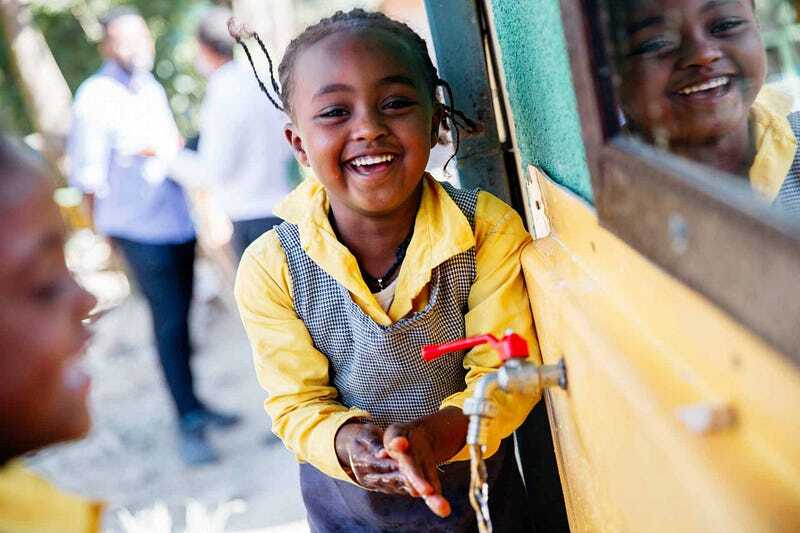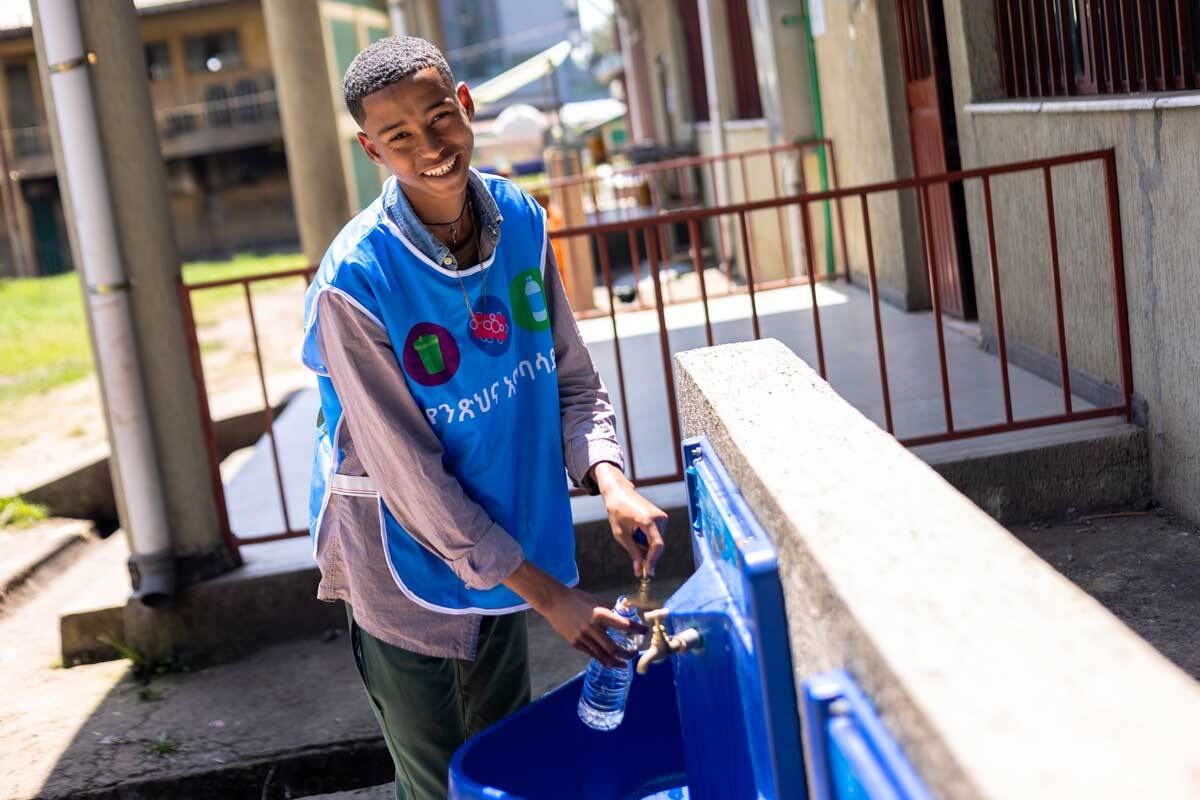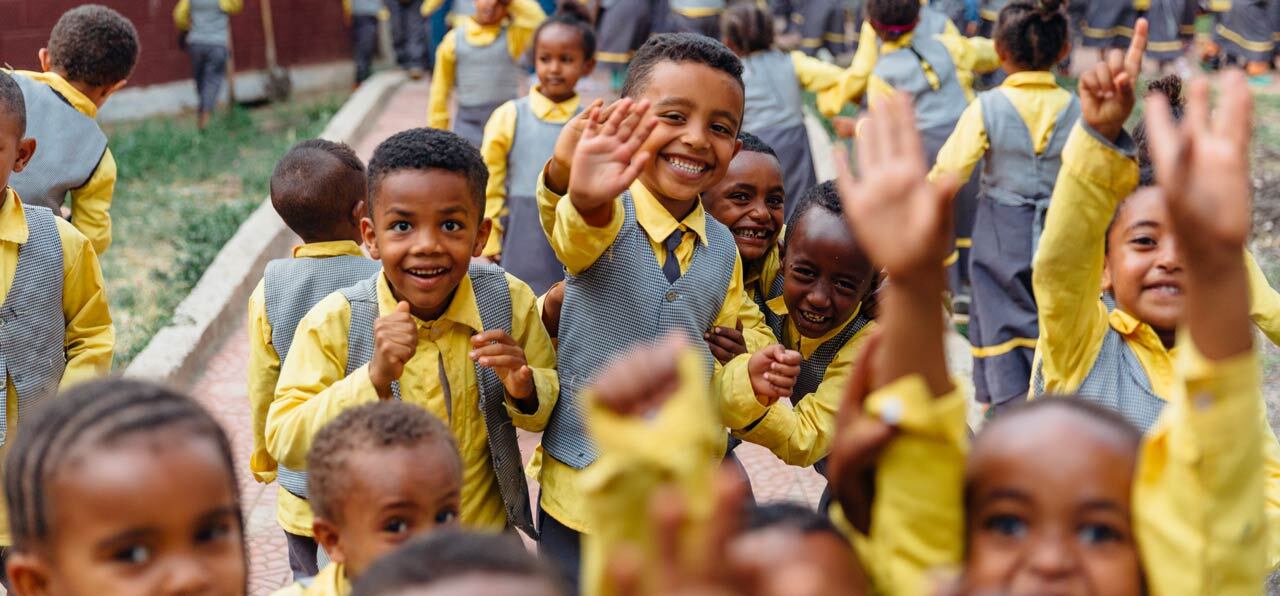Articles and information about Splash and the work we do.

June 27, 2023
Why Cities?
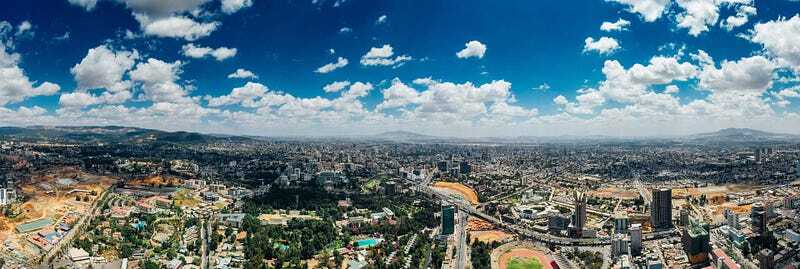
Many organizations facilitating water access around the world focus their work in rural areas. So why does Splash work in cities?

By 2050, more than 2.5 billion (yes, billion) people will be added to the population of our cities. A large portion of this increase in population will be due to migration from rural areas. This is set to be the largest migration the world has ever seen.
As cities grow at this rate, they outpace their capacity for serving every resident. Thus, resource-poor neighborhoods and slums grow — as new ones are created.
WASH (water, sanitation, and hygiene) services are a necessity. But often, poorer communities and slums are the first to be overlooked in city planning and the last to be served by adequate utilities. As a result, people living in these areas often consume unsafe water, lack soap and clean water for routine handwashing, and have a limited opportunity to access and use safe sanitation.
Furthermore, children living in urban slums face significantly worse health outcomes than their peers in rural areas.
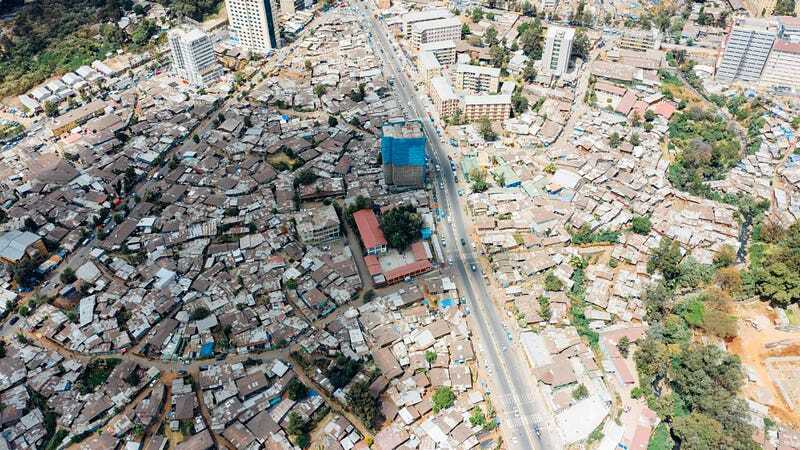
And yet, the potential to improve the lives and health of those without access to adequate WASH services in cities is immense.
Cities traditionally have a deeper pool of talent, stronger network of supply chains, greater concentration of accessible government, clear links to private sector initiatives and actors, and even local funding streams.
Still, no clear blueprints of success exist to take to scale. Splash aims to create this blueprint.
How?
Our model focuses on vulnerable children living in the poorest conditions within the largest cities.
There is no better way to reach them than schools — more than 80% of children living in these areas attend a public school.
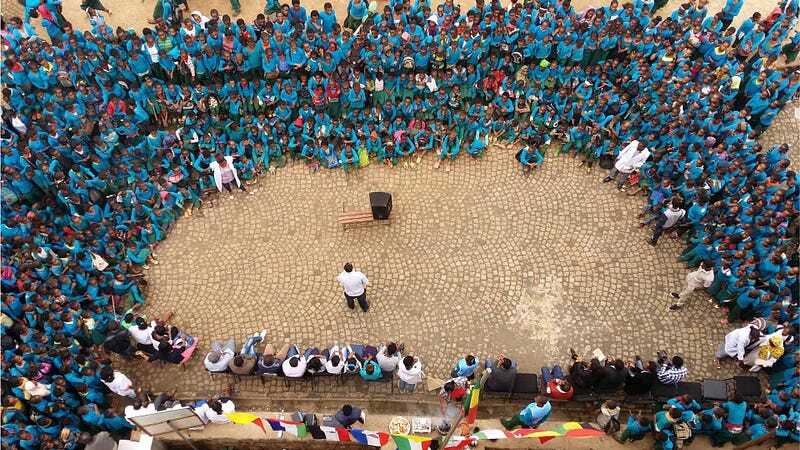
Our goal is to create a scalable blueprint for providing WASH services for kids in a variety of cities and cultural contexts around the world.
In 2019, we launched Project WISE (WASH in Schools for Everyone) with this goal in mind. By the end of 2023, we will reach 100% of public schools in Addis Ababa, Ethiopia with comprehensive WASH services.
For the next phase of Project WISE beginning in 2024, we’re bringing the successes, challenges, and lessons learned with us and we’re thrilled to bring Splash to new places. Next year, we will begin this exciting expansion in regions such as East Africa, South Asia, and the Middle East!
Our goal is to create a model of WASH in schools that can be replicated across cities worldwide.
We’re excited to focus on 100% local partners and local products: implemented by local communities with an emphasis on local ownership and community engagement.
Together, we can ultimately achieve SDG 6: water and sanitation for all.
The keys to replicating this model are demonstrating cost efficiencies, health impact, quality implementation, and durable programming. And crucial for implementation is community buy-in and local ownership.
Since the launch of Project WISE, per-student costs of Splash-implemented WASH services decreased by 30% when adjusted for inflation. We achieved this through innovations in design and materials and tapping into local supply chains and manufacturing.
Splash collaborates with local and federal governments and education departments that service city schools, as well as city water and sanitation utilities. In fact, our projects require co-investment from public funding streams because we know that our projects will not be sustainable without local investment and management. To date, more than $11 million in co-investment from governments has been committed.
Our focus on cities is a strategic and impactful approach to addressing the global water crisis. By working in urban areas, we address the concentrated water challenges that vulnerable populations face on a daily basis. Our focus on urban public schools reaches hundreds of thousands of children, and by extension, their families and communities.
We clean water for kids so that communities can thrive.
